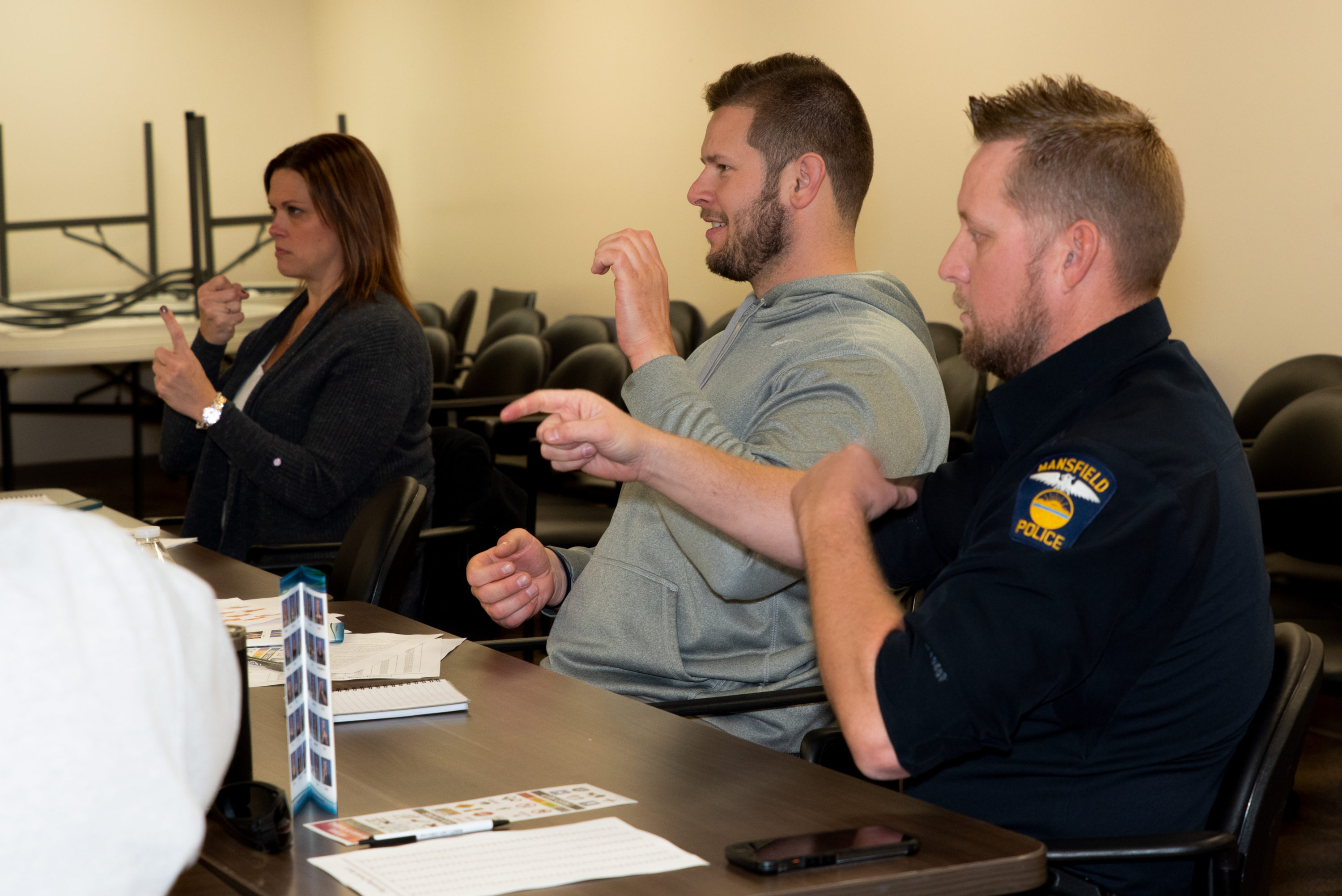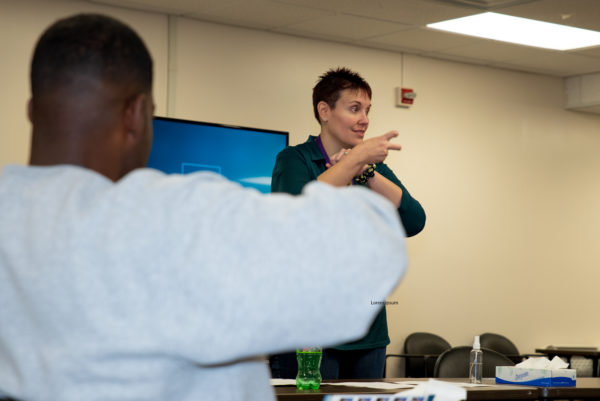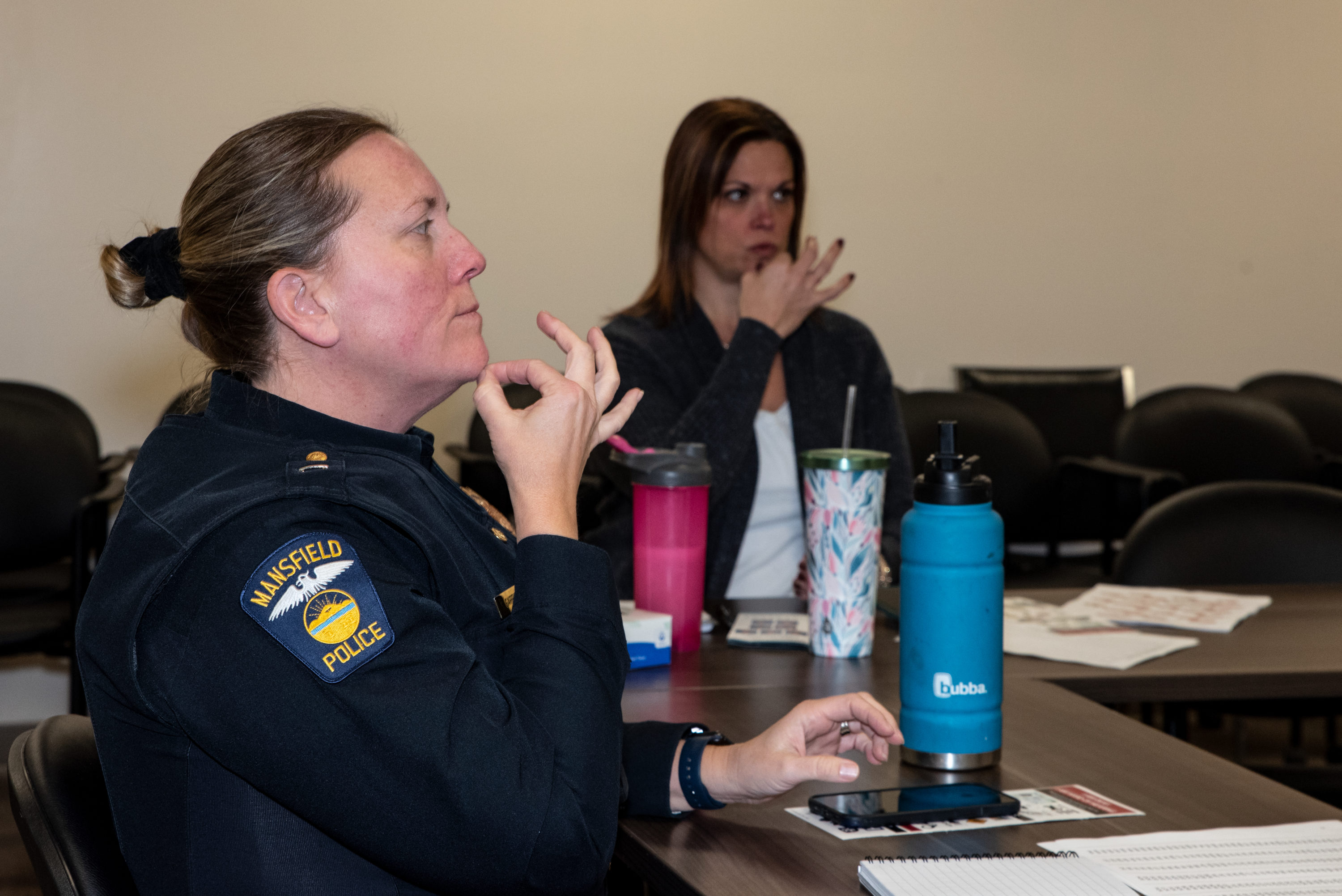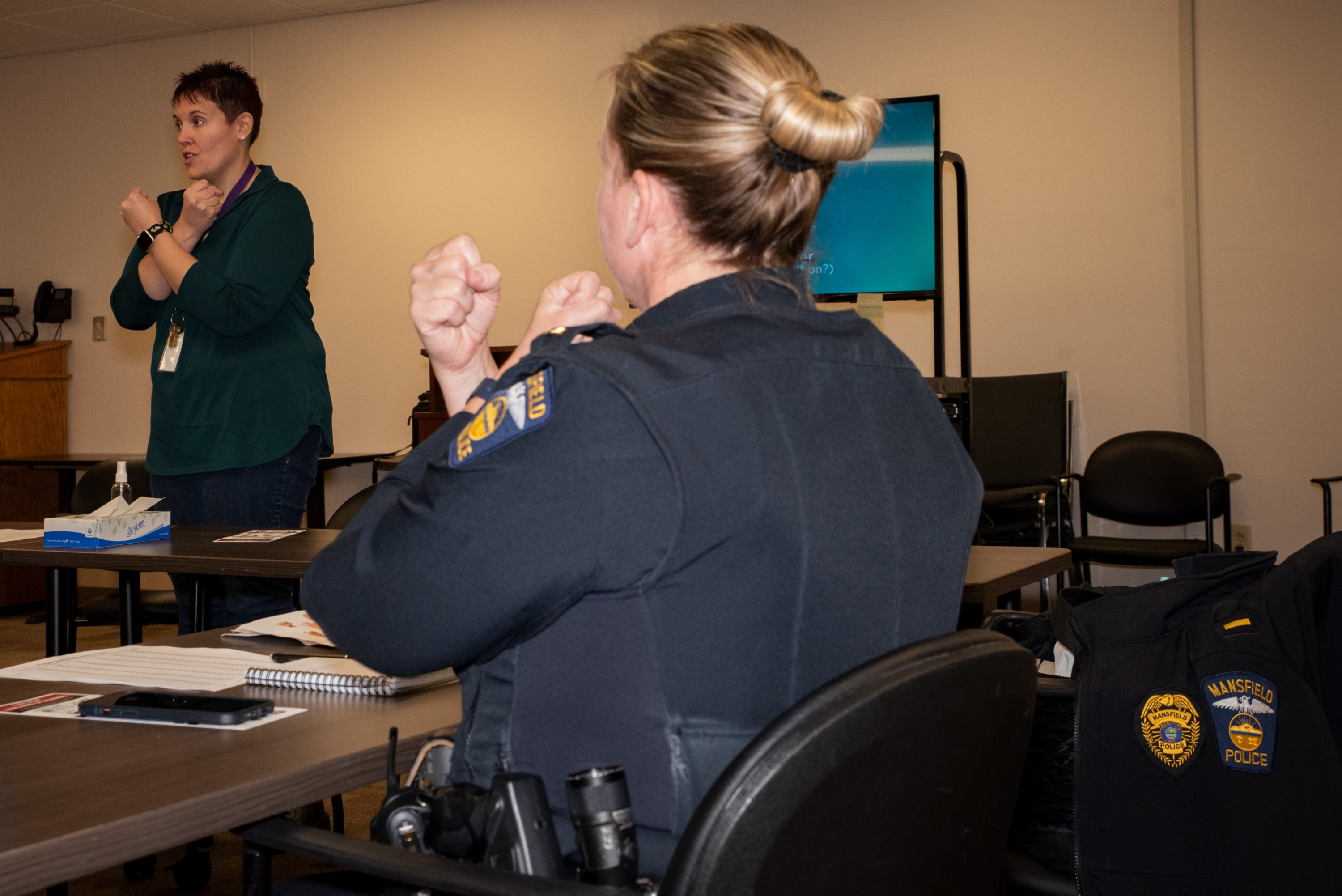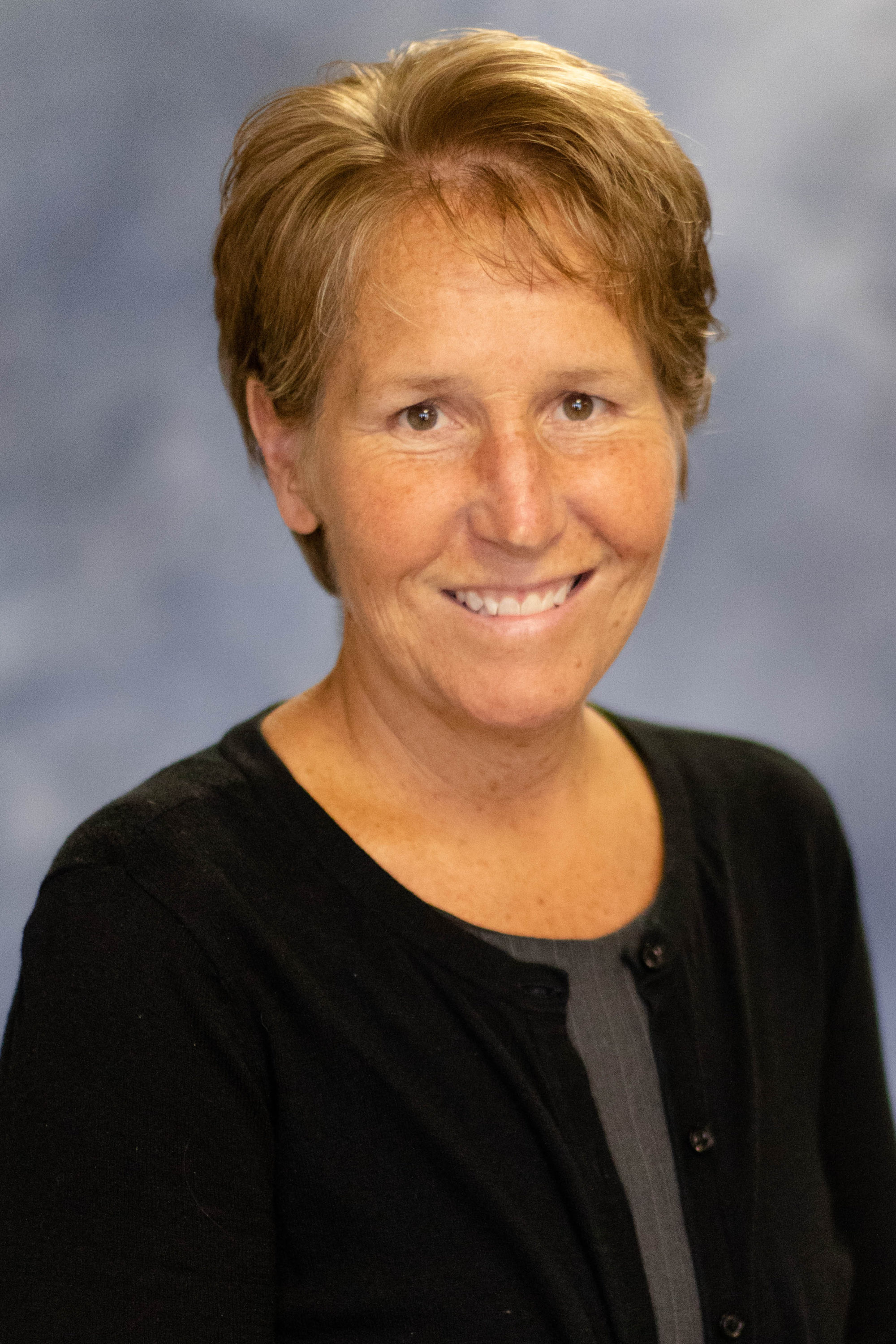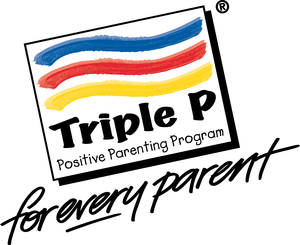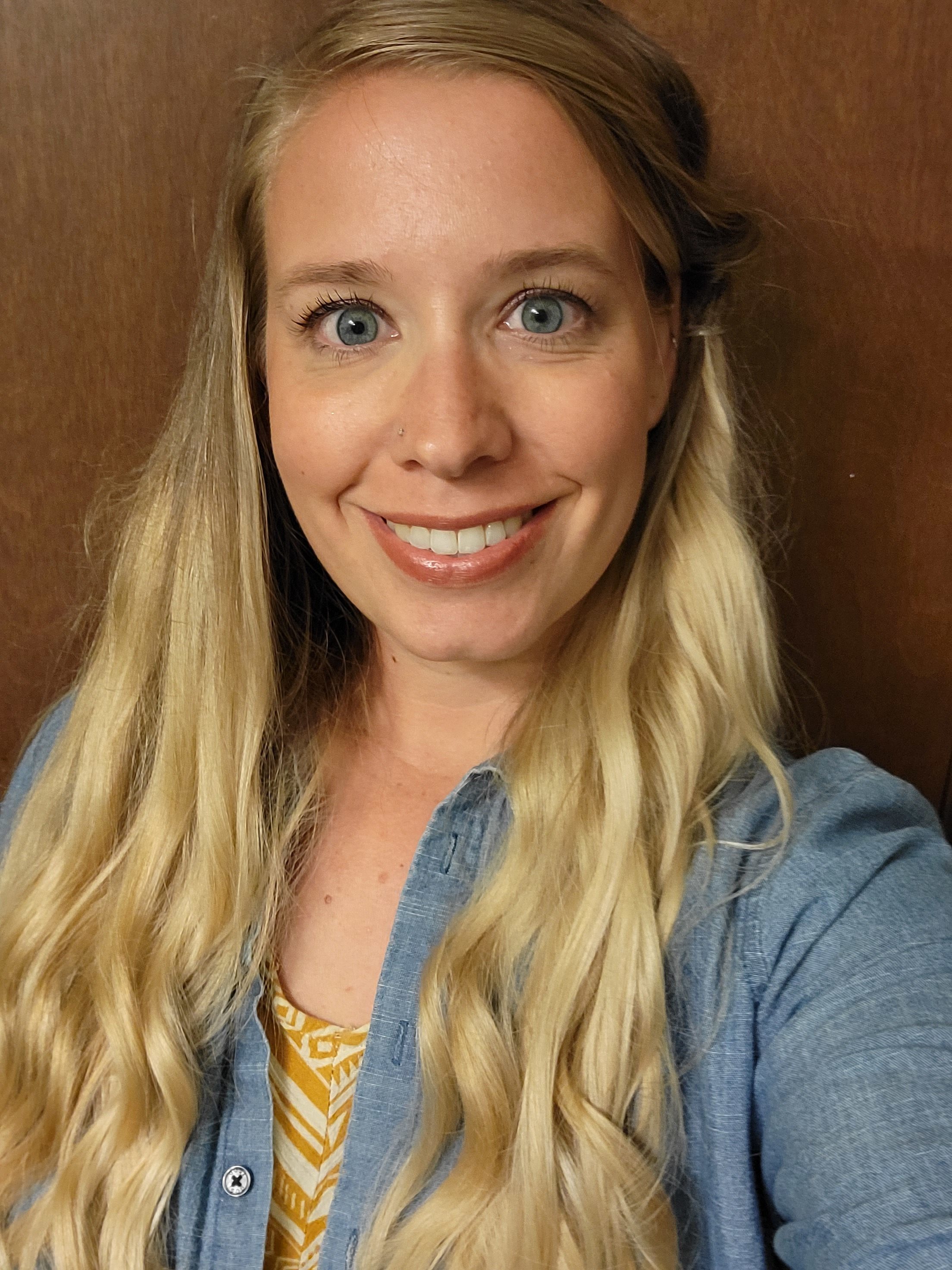For many of us, starting a new job may come with feelings of excitement “I can’t wait to get started learning new skills and meeting new people!” coupled with feelings of apprehension “What if I don’t learn quickly enough or what if my new coworkers don’t like me?” And if you are a person living with a disability, you might be feeling some of those same emotions on a much more extreme level. In 2021, the employment rate for individuals with a disability was 19.1% compared to 63.7% for non-disabled persons. (Bureau of Labor Statistics, 2021).

At Progress Industries, we work to reduce the feelings of apprehension and over time we see our employees are excited to work! Progress Industries’ highly trained and experienced staff understand the unique challenges of working in a manufacturing setting while living with a behavioral health diagnosis, a hearing impairment, or physical limitation and offer individualized support to reduce or remove the impact of those challenges. We accomplish this by providing accommodations not yet provided in many other employment settings. Many of our employees come to Progress Industries because they have struggled to obtain or maintain employment in the community. Progress Industries serves as a perfect transitional step toward improving outcomes in areas such as self-direction, communication, or building work-skills and tolerance.
We do this by adapting the workplace to the person, rather than trying to make the person fit our workplace. In a practical sense, this may include us offering written instructions to someone who struggles with following verbal directions or color-coding job steps with attached pictures for someone who processes written information differently. For others, the accommodations are as simple as modifying job tasks and work schedules to fit the unique needs and abilities of the employee. For nearly all employees, the accommodations offered at Progress Industries are easily transferable with the help of our professionals in collaboration with our employees’ new workplace. Our employment specialists and job coaches are familiar with many of the accommodations available through the Americans with Disabilities Act and serve as advocates on the employee’s behalf when necessary.
Ultimately, Progress Industries is intended to be a transitional employment setting for individuals with barriers to their community employment goals. Progress Industries couples the ‘hard-skills’ of assembly, quality control and inspection, machine operation, and packaging with the ‘soft-skills’ of teamwork, following instructions, problem solving, and working at a steady or sustained pace and does so by serving the industrial community of Mansfield and Richland County with quality manufacturing solutions.
Progress Industries is incredibly proud of its dedicated and highly capable workforce. We have seen individuals grow far beyond their wildest dreams and we aim to continue to show our employees how much they are capable of. With our help, our employees look forward to coming to work each day and see each workday as a new opportunity and not a challenge. At Progress Industries, work is for everyone.
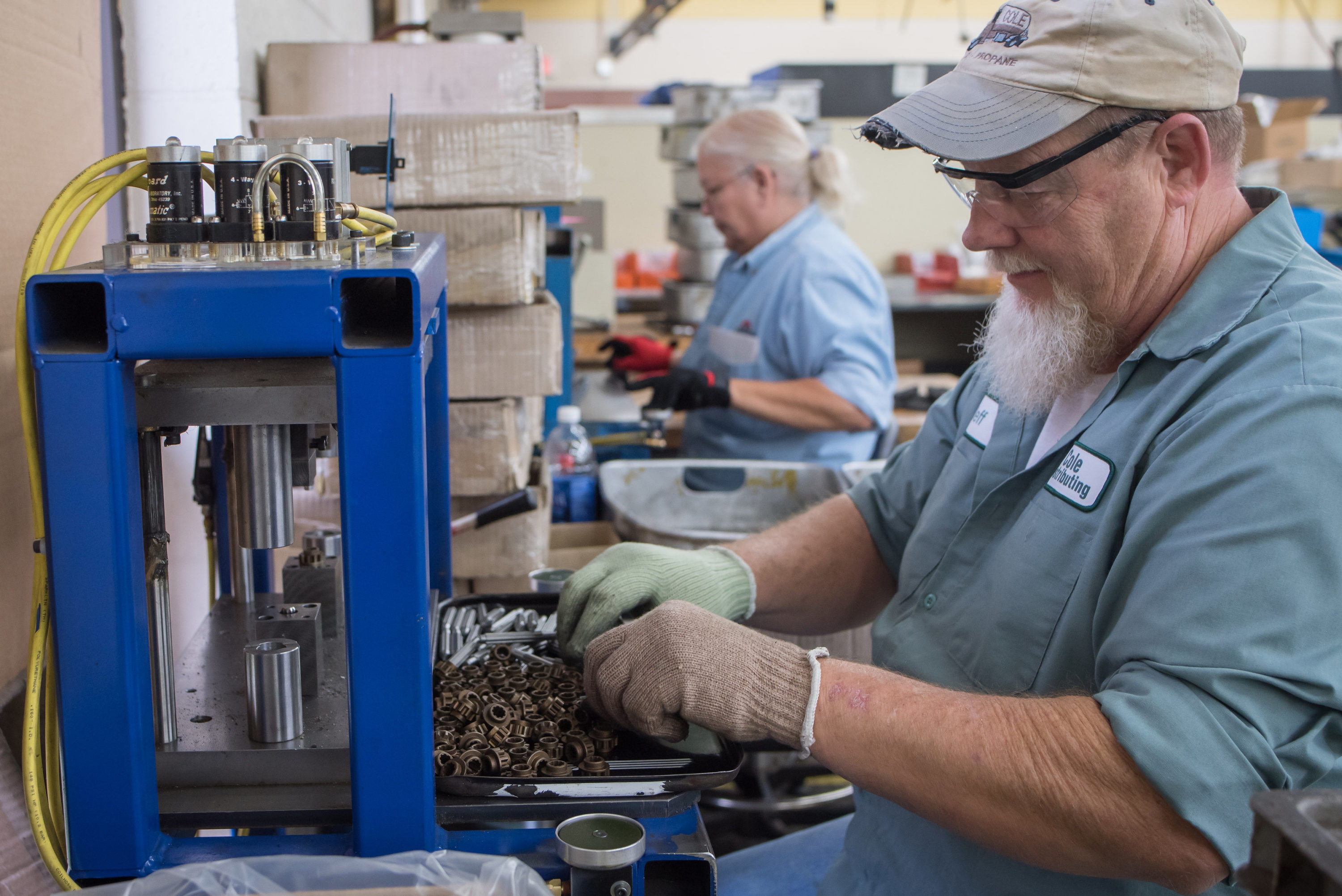
Bureau of Labor Statistics. (2021, February 24). PERSONS WITH A DISABILITY: LABOR FORCE CHARACTERISTICS — 2021. Retrieved from Bureau of Labor Statistics: https://www.bls.gov/news.release/pdf/disabl.pdf
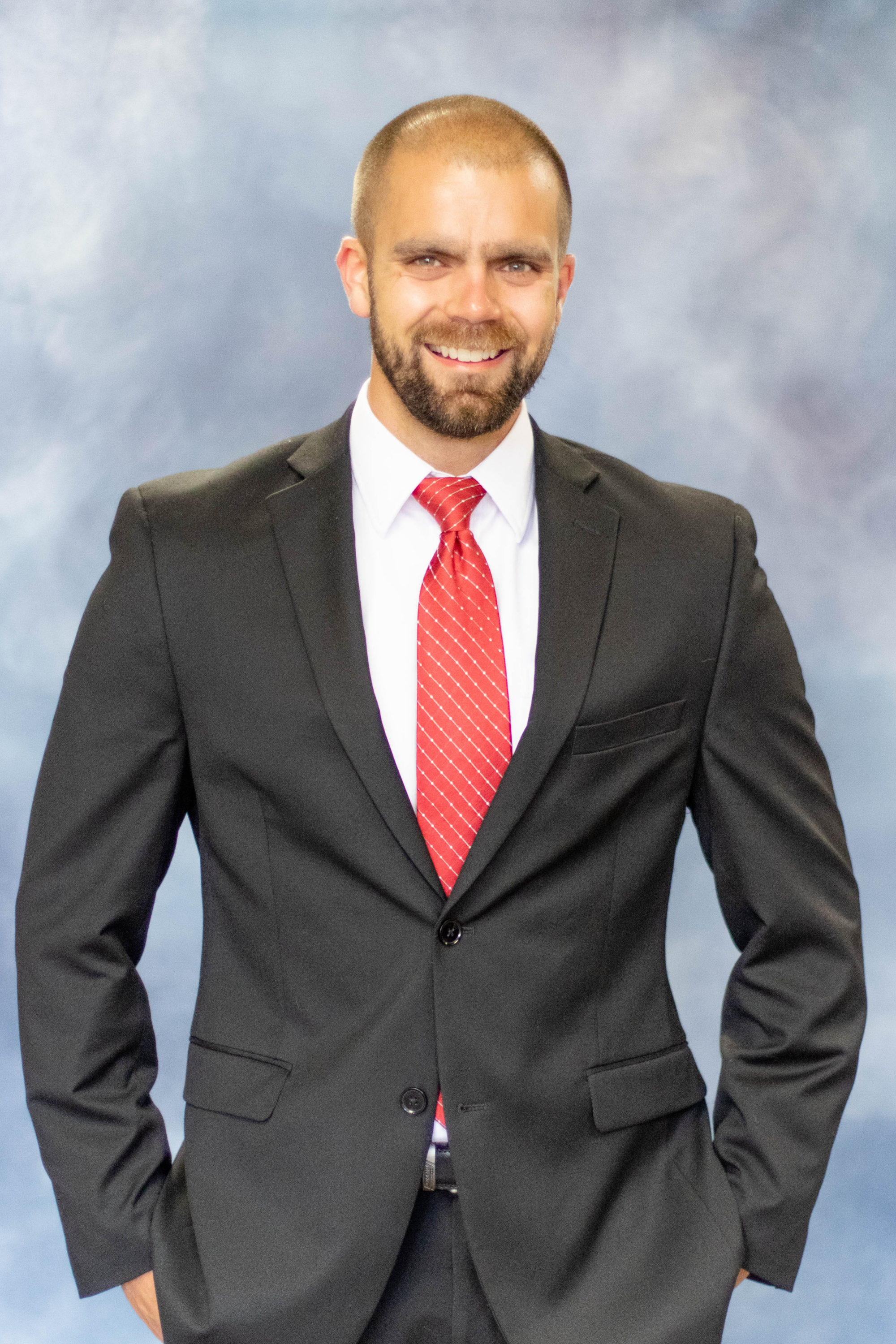
Mitch Jacobsen has been with the agency for over seven years and serves as the Director of Vocational Services. Previously, he has worked with the agency as an employment specialist and production supervisor in the Progress Industries manufacturing workshop. Mitch is responsible for the management of workforce development programming and oversight of the industrial workshop and embroidery and print shop. Mitch serves as the agency’s representative to the Area 10 Workforce Development Board and Regional Manufacturing Coalition and has a Bachelor of Arts in Psychology from The Ohio State University. Mitch is a Catalyst for Progress.
